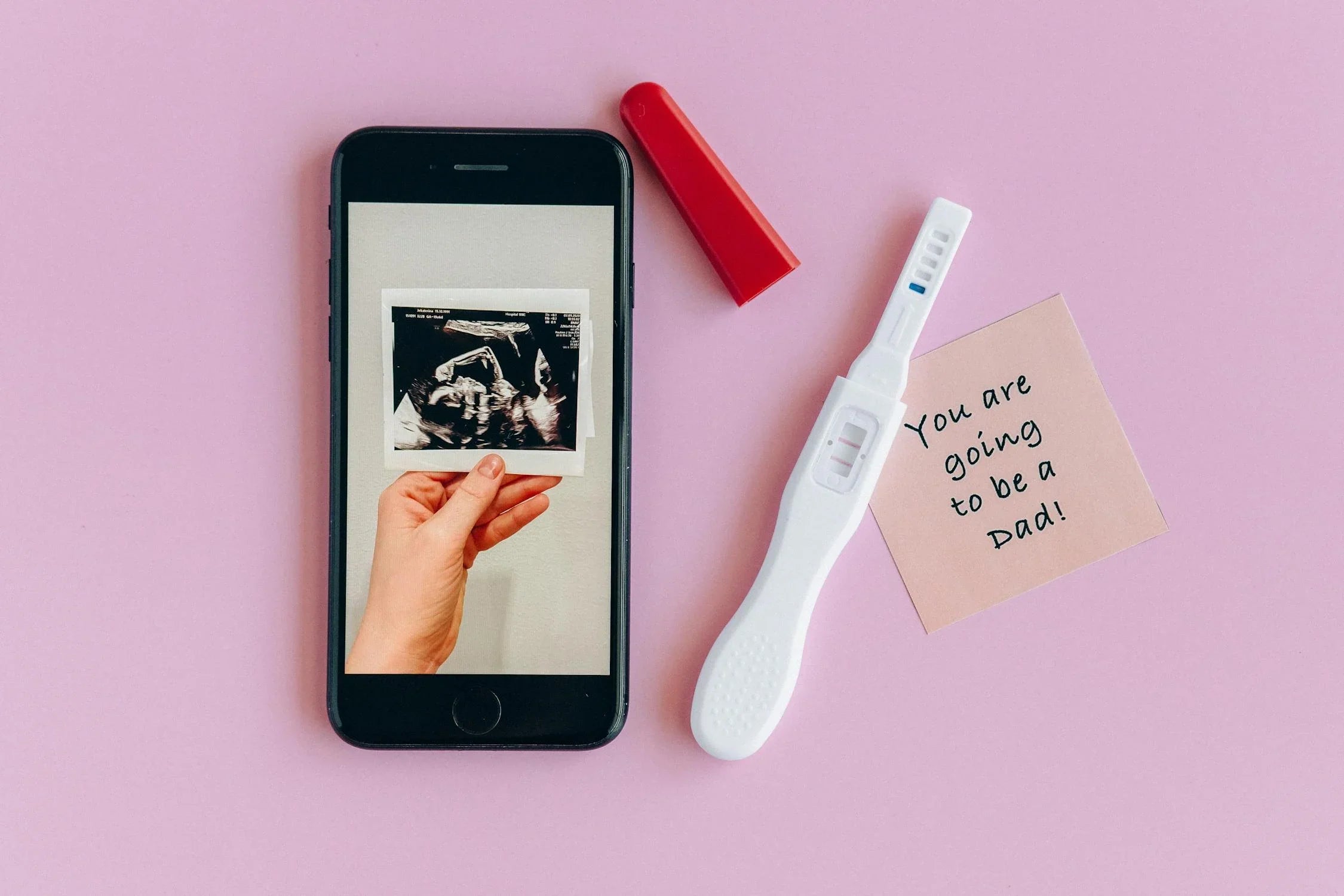Home
Pregnancy, Breastfeeding, and Pumping: The Ultimate Guide for Moms
How Many Days Late to Take Pregnancy Test: A Comprehensive Guide

How Many Days Late to Take Pregnancy Test: A Comprehensive Guide
Wondering how many days late you should wait before taking a pregnancy test? This question is common among those who suspect they might be pregnant. The timing of the test can significantly impact its accuracy, so understanding when to take it is crucial. This guide will walk you through everything you need to know about the best time to take a pregnancy test, factors that influence its accuracy, and how to interpret the results.
Understanding Pregnancy Tests
Pregnancy tests work by detecting the presence of human chorionic gonadotropin (hCG), a hormone produced during pregnancy. This hormone is released when a fertilized egg attaches to the uterine lining. The levels of hCG increase rapidly in the early stages of pregnancy, doubling approximately every 48 to 72 hours.
When to Take a Pregnancy Test
The ideal time to take a pregnancy test is after you've missed your period. Most home pregnancy tests claim to be accurate as early as the first day of a missed period. However, waiting a few more days can increase the accuracy of the results. Here’s a breakdown of the timing:
- First Day of Missed Period: Some tests can detect pregnancy on the first day of a missed period, but the accuracy may vary.
- One Week After Missed Period: Waiting a week after your missed period can significantly improve the accuracy of the test.
- Two Weeks After Missed Period: By this time, hCG levels are usually high enough to be detected by most pregnancy tests.
Factors Influencing Test Accuracy
Several factors can influence the accuracy of a pregnancy test, including:
- Test Sensitivity: Different tests have varying levels of sensitivity to hCG. Some can detect lower levels of the hormone, making them more accurate earlier in pregnancy.
- Time of Day: Taking the test first thing in the morning can yield more accurate results, as urine is more concentrated.
- User Error: Incorrect usage of the test, such as not following the instructions properly, can lead to inaccurate results.
- Medications: Certain medications, such as those containing hCG, can affect the test results.
Interpreting the Results
Understanding how to interpret the results of a pregnancy test is just as important as knowing when to take it. Here’s what you need to know:
- Positive Result: A positive result indicates that hCG has been detected, and you are likely pregnant. It’s advisable to confirm the result with a healthcare provider.
- Negative Result: A negative result means that hCG was not detected. However, if you still suspect you might be pregnant, consider retesting after a few days.
- Invalid Result: An invalid result occurs when the test does not work correctly. This could be due to improper usage or a faulty test. In such cases, retesting is recommended.
What to Do After Taking the Test
Once you’ve taken the test and received the result, the next steps depend on the outcome:
- Positive Result: Schedule an appointment with a healthcare provider to confirm the pregnancy and discuss next steps.
- Negative Result: If you still haven’t gotten your period and the test is negative, consider retesting after a few days or consulting a healthcare provider.
- Invalid Result: Retake the test, ensuring you follow the instructions carefully. If the issue persists, consider using a different brand of test.
Common Myths About Pregnancy Tests
There are several myths surrounding pregnancy tests that can lead to confusion. Here are some common ones debunked:
- Myth: You can’t get a false positive. Fact: False positives can occur due to certain medications or medical conditions.
- Myth: A faint line means you’re not pregnant. Fact: A faint line usually indicates a positive result, as even a small amount of hCG can cause a reaction.
- Myth: You can’t take a pregnancy test at night. Fact: While taking the test in the morning is recommended, you can still take it at night. However, the results may be less accurate due to diluted urine.
When to Seek Medical Advice
If you’re unsure about the results of your pregnancy test or if you experience unusual symptoms, it’s important to seek medical advice. Here are some situations where consulting a healthcare provider is recommended:
- Persistent Symptoms: If you continue to experience pregnancy symptoms despite a negative test result.
- Irregular Periods: If you have irregular periods and are unsure about the timing of your test.
- Medical Conditions: If you have a medical condition that could affect the accuracy of the test.
Knowing how many days late to take a pregnancy test can make a significant difference in the accuracy of the results. By understanding the factors that influence the test and knowing how to interpret the results, you can make informed decisions about your health. Whether you’re hoping for a positive or negative result, taking the test at the right time and following the instructions carefully will give you the best chance of getting an accurate result. Remember, if you’re ever in doubt, seeking medical advice is always the best course of action.
Share
